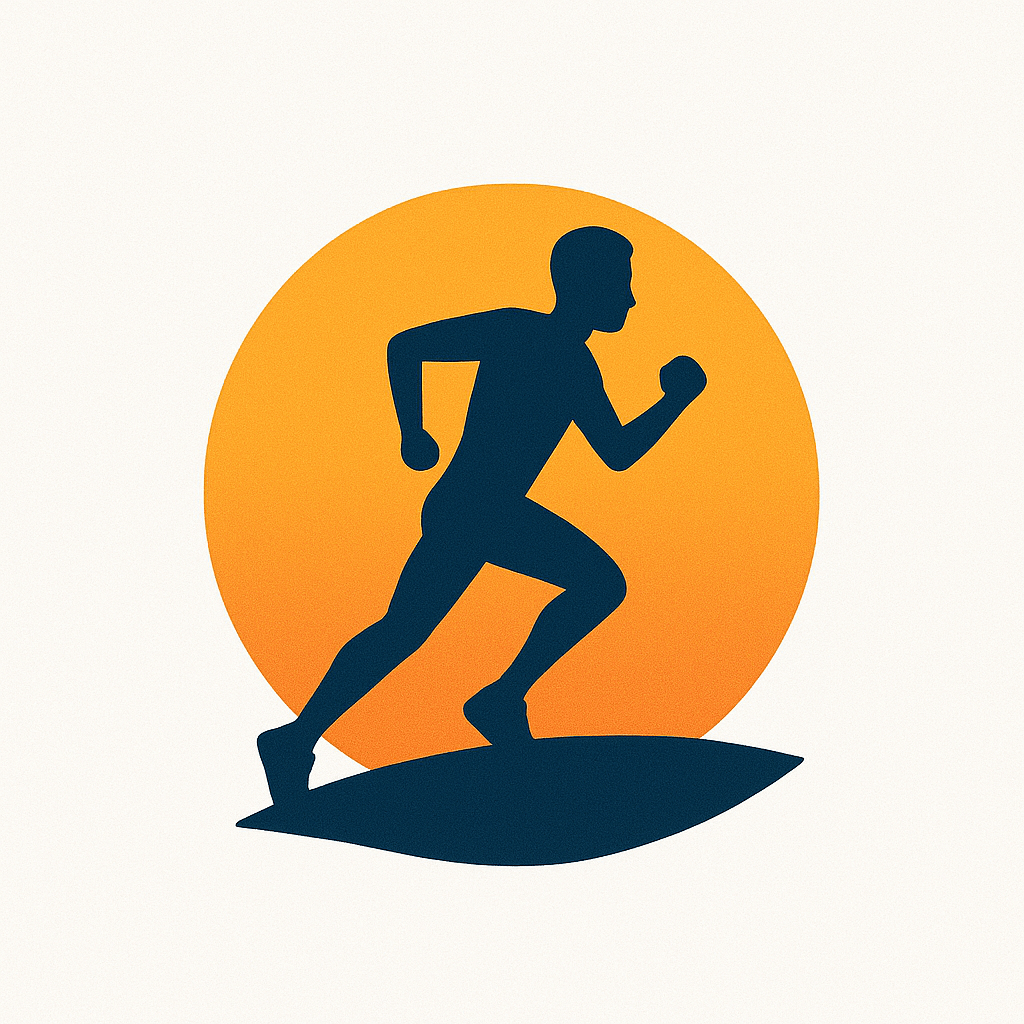We live in a world where self-care has become a booming business. Meditation apps, weighted blankets, therapy subscriptions — there’s no shortage of ways to spend money on feeling better. And don’t get me wrong: professional therapy is incredible and life-changing for many people. But if you’re looking for an affordable, accessible way to boost your mood, manage stress, and feel more grounded?
Running might just be the world’s most underrated (and underpriced) mental health tool.
Before you roll your eyes and say, “Not another ‘running fixes everything’ pep talk,” stick with me. Because this isn’t about glorifying suffering through marathons or pretending that lacing up your sneakers solves deep-seated trauma. It’s about acknowledging one simple truth: moving your body, regularly and intentionally, can do powerful things for your mind.
And yes — it costs a fraction of what therapy sessions, yoga retreats, or emotional support subscriptions often do.
Let’s dive into why running will always be cheaper — and arguably one of the smartest investments — than therapy.
1. The Science of Motion: Why Running Changes Your Brain
Running isn’t just good for your body — it fundamentally rewires your brain in ways researchers are still discovering. Studies have shown that aerobic exercise, like running, stimulates the growth of new neurons in areas of the brain associated with memory and emotion (hello, hippocampus).
It also triggers the release of powerful neurotransmitters:
- Endorphins: Natural mood boosters, your brain’s own brand of happy chemicals.
- Serotonin: Crucial for regulating mood, appetite, and sleep.
- Dopamine: The “reward” chemical that helps you feel satisfaction and motivation.
It’s like a free neurochemical cocktail — minus the hangover and credit card bill.
In fact, a 2022 review published in Frontiers in Psychiatry found that regular exercise was as effective as antidepressants in treating mild to moderate depression in many patients. That’s not an argument against therapy or medication — it’s just a reminder that your legs might be one of your most powerful mental health tools.
2. No Appointment Necessary (And No Waiting Room Anxiety)
Let’s be honest: scheduling therapy can be hard.
Finding a therapist you click with? Harder.
Waiting weeks for an appointment? Frustrating.
Running requires none of that. Your “session” starts the moment you step outside your door.
Feeling overwhelmed at work? Go for a lunchtime jog.
Relationship drama bubbling over? A sunset run might bring surprising clarity.
Craving solitude but also movement? Early morning miles deliver both.
Running offers immediate access to emotional regulation. No insurance needed. No paperwork to fill out. No copay to dread.
It’s therapy on your terms — when you need it, not three weeks from now when your calendar finally aligns with your therapist’s availability.
3. Running Forces You to Sit With Yourself (In the Best Way)
In therapy, one of the biggest hurdles is facing yourself — really facing yourself.
Running does the same thing, whether you like it or not.
- You can’t numb out with your phone.
- You can’t swipe away discomfort.
- You can’t multi-task your way through emotions.
You have to be in your body. Feel your breath. Listen to your thoughts. Notice what bubbles up when there’s nothing but pavement and heartbeats between you and the world.
Some of my biggest breakthroughs — both personal and professional — have come mid-run. Problems I couldn’t untangle at my desk suddenly started unraveling between strides.
Running gives you a moving meditation that therapy sometimes struggles to replicate. And while it might not give you neatly packaged answers, it often offers something even more valuable: perspective.
4. The Costs? Practically Laughable
Sure, you can spend hundreds on carbon-plated racing shoes, GPS watches, and high-end moisture-wicking gear if you want. But you don’t have to.
At its core, running requires only three things:
- A decent pair of shoes (around $60–$120, renewed maybe once a year)
- Some clothes you’re comfortable sweating in (you already own these)
- Your own two feet
Compare that to:
- $100–$250 per hour for therapy (without insurance)
- Monthly meditation app subscriptions ($10–$20/month)
- Self-help courses that promise breakthroughs (and bill you for them)
The economics are simple: running wins, hands down.
And even if you choose to splurge occasionally on a race entry, a snazzy new running belt, or a marathon weekend trip? Those investments come with priceless returns: community, achievement, pride, joy.
5. Community Without Pressure
While therapy is often a one-on-one experience, running opens doors to a different kind of healing: community healing.
Local running groups. Park run events. Charity races. Couch-to-5K programs. Online running communities cheering you on from all corners of the globe.
You don’t have to talk about your deepest fears to feel connected.
You just have to show up. Breathe the same air. Move toward a common goal.
This silent solidarity — strangers running side by side — has carried me through some of my hardest moments. It reminds you that you’re not alone. And sometimes, that reminder is the most therapeutic thing in the world.
6. Prevention Is Cheaper Than Crisis Management
Another reason running trumps therapy financially? Prevention.
Consistent exercise:
- Reduces the risk of depression and anxiety
- Strengthens your heart and lungs
- Improves your immune function
- Sharpens focus and memory
The best way to avoid costly mental or physical health emergencies down the line is to invest small amounts of time and energy consistently.
Running, done mindfully and sustainably, is one of the cheapest “health insurance policies” you’ll ever take out on yourself.
Final Thoughts: Your Sneakers Are Your Therapist
Is running a replacement for therapy?
No.
Therapy is vital for many people and can be life-saving. Full stop.
But for daily mental maintenance, stress management, emotional regulation, and overall life satisfaction?
Running is a ridiculously effective — and ridiculously affordable — tool.
In a world where self-care often feels like another item on your Amazon wishlist, running strips it back to the essentials:
Your breath.
Your legs.
Your heart.
Your mind, reconnecting with your body.
And at the end of the day, that’s worth more than anything money can buy.
So next time you’re feeling overwhelmed, disconnected, or just stuck in your own head?
Forget the fancy apps. Forget the $9 green juice. Forget the overpriced “self-care” candles.
Just tie your laces. Step outside.
Run it out.
Heal for free.
Your future self — stronger, calmer, lighter — will thank you.






Leave a Reply